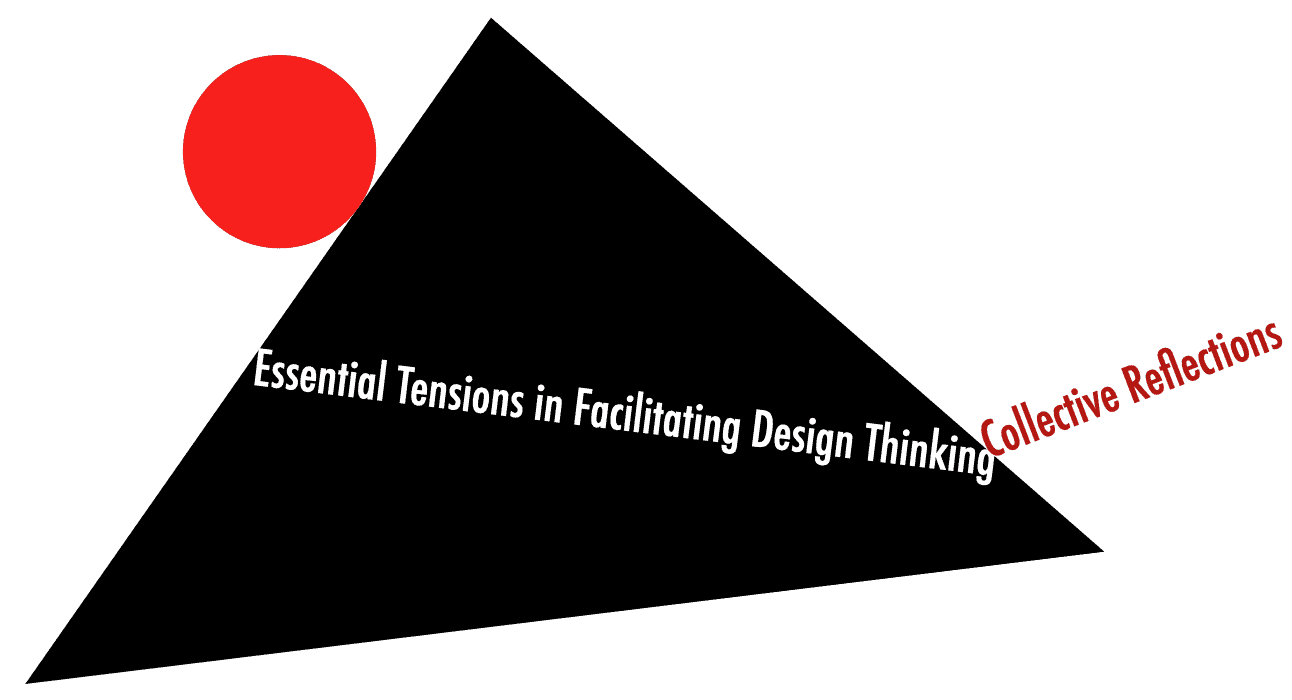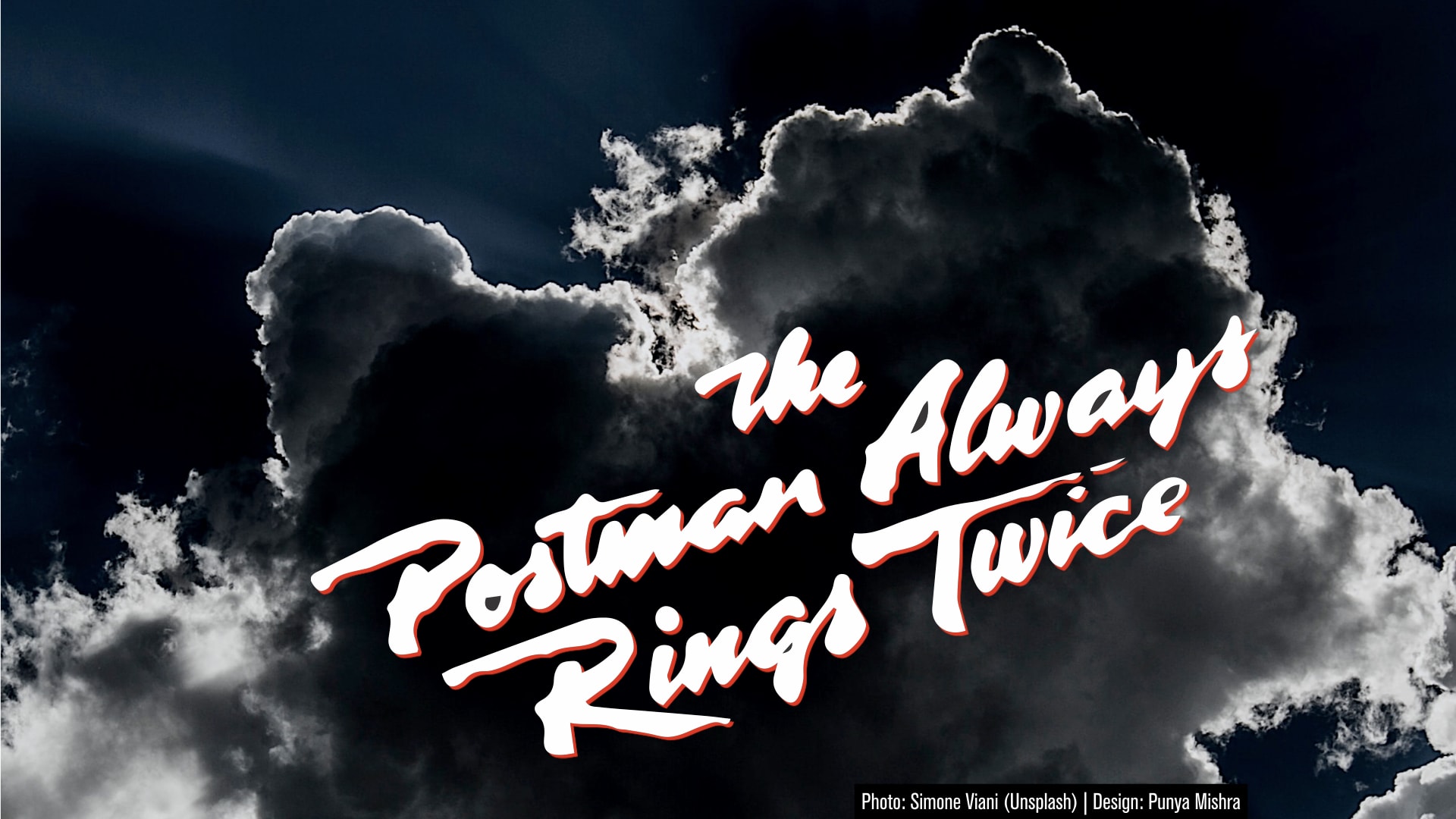This morning I was at the doctor’s office and picked up a dated (February, 2011) New Yorker magazine and discovered a great essay by Adam Gopnik: The Information: How the Internet gets inside us. I am not sure how I missed this the first time around but Gopnik does a great job of writing about technology and its influences, under the guise of reviewing a series of recent books about the topic. He is sometimes funny (see his take down of Clay Shirky) and often insightful. I do recommend reading the entire article but here are a couple of quotes, just to give you a sense of his voice. This is how he starts his essay, reminding us just how magical these new technologies are. I am reminded of Clarke’s Law: Any sufficiently advanced technology is indistinguishable from magic.
When the first Harry Potter book appeared, in 1997, it was just a year before the universal search engine Google was launched. And so Hermione Granger, that charming grind, still goes to the Hogwarts library and spends hours and hours working her way through the stacks, finding out what a basilisk is or how to make a love potion. The idea that a wizard in training might have, instead, a magic pad where she could inscribe a name and in half a second have an avalanche of news stories, scholarly articles, books, and images (including images she shouldn’t be looking at) was a Quidditch broom too far. Now, having been stuck with the library shtick, she has to go on working the stacks in the Harry Potter movies, while the kids who have since come of age nudge their parents. “Why is she doing that?” they whisper. “Why doesn’t she just Google it?
This is how Gopnik describes Clay Shirky:
… the author of “Cognitive Surplus” and many articles and blog posts proclaiming the coming of the digital millennium—is the breeziest and seemingly most self-confident. “Seemingly,” because there is an element of overdone provocation in his stuff (So people aren’t reading Tolstoy? Well, Tolstoy sucks) that suggests something a little nervous going on underneath.
I think this attitude (Tolstoy sucks) is something that has bothered me greatly. Do we have to demean Tolstoy in order to prove the superiority of our new toys? I recently, during a trip to France, re-read (after 30 years or so) Jane Austen’s Pride and Prejudice. It took me a while to get used to the rhythms of the language, but once I did, it was a wonderful experience, and brought home to me the beauty of a delicately crafted complex sentence, something I think we may have lost to a certain extent today. Again, just to make it clear, I am not making a Nicholas Carr, “technology is making us shallow” argument here, not the least because I read the book mostly on my iPad / iPhone and I doubt I would have read it otherwise.
Incidentally, Gopnik is as critical of the nay-sayers of today’s technologies. Writers like like Nicholas Carr, William Powers and Sherry Turkle receive their fair share of scorn (though I am not including any more quotes here).
Finally I would like to end with Gopnik’s commentary on how we often see new technologies as both the greatest and the worst things to have happened to us (at least till the next technology comes along).
… at any given moment, our most complicated machine will be taken as a model of human intelligence, and whatever media kids favor will be identified as the cause of our stupidity. When there were automatic looms, the mind was like an automatic loom; and, since young people in the loom period liked novels, it was the cheap novel that was degrading our minds. When there were telephone exchanges, the mind was like a telephone exchange, and, in the same period, since the nickelodeon reigned, moving pictures were making us dumb. When mainframe computers arrived and television was what kids liked, the mind was like a mainframe and television was the engine of our idiocy. Some machine is always showing us Mind; some entertainment derived from the machine is always showing us Non-Mind.
Read the entire essay: The Information: How the Internet gets inside us.





0 Comments